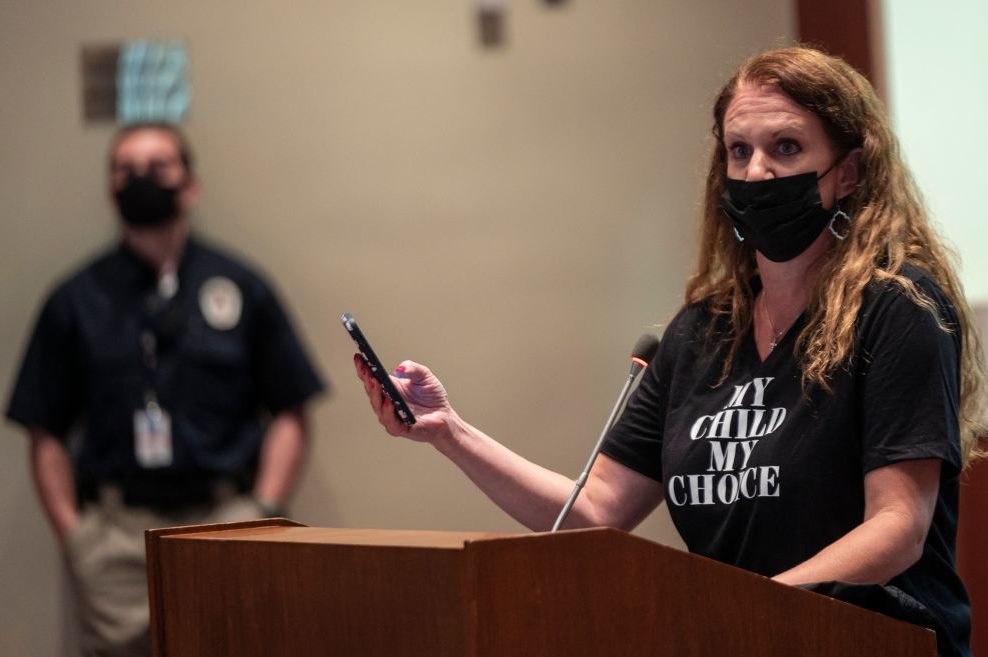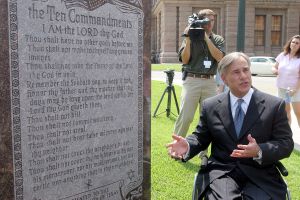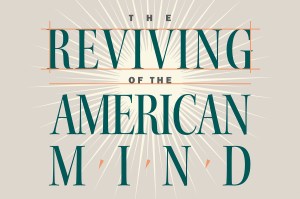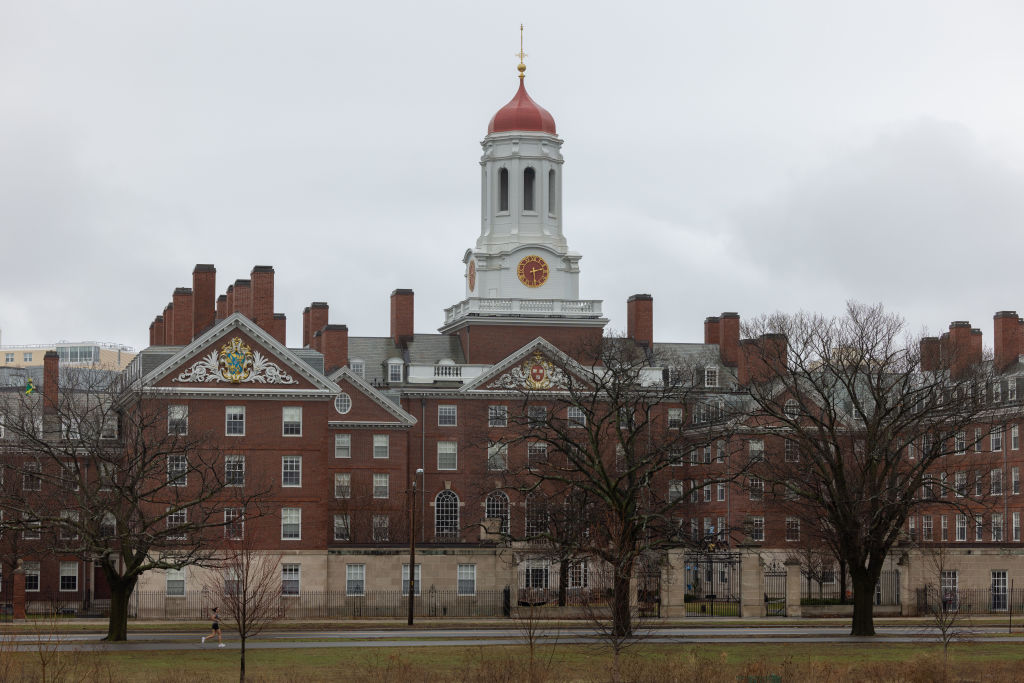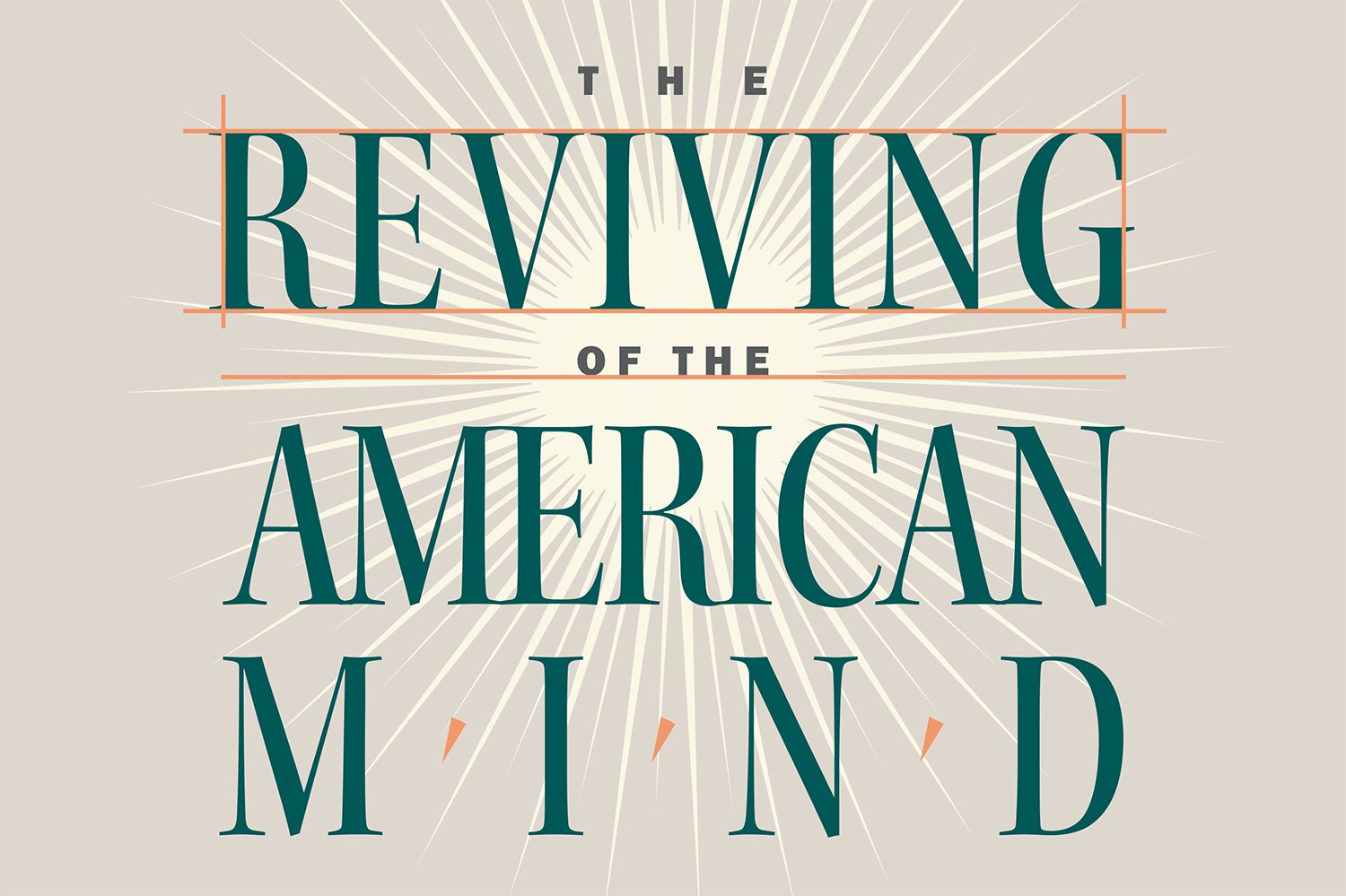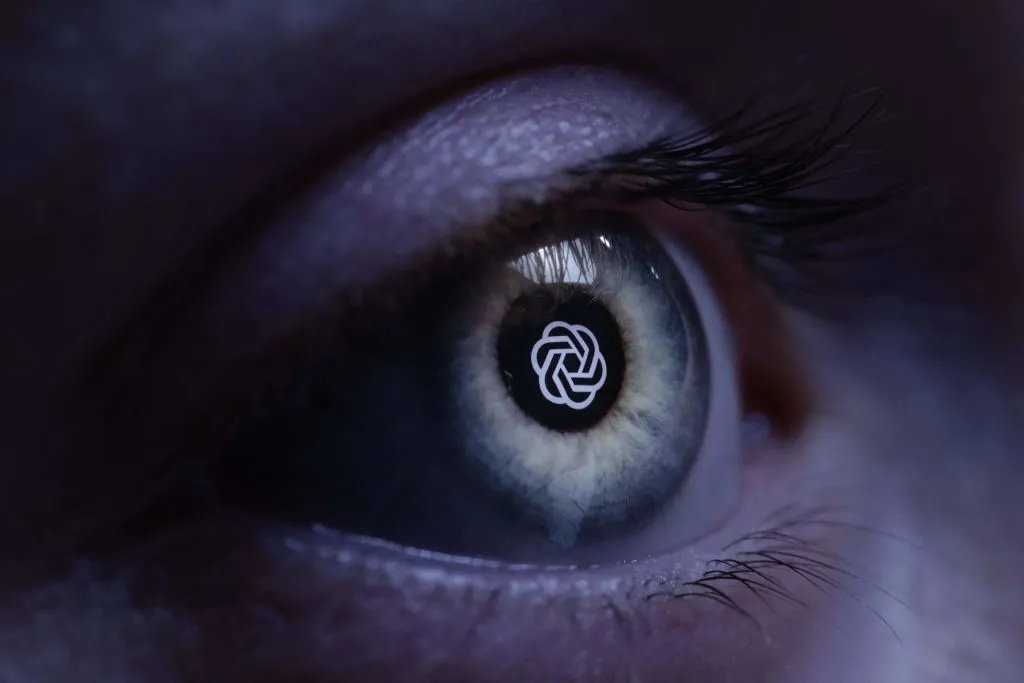Surveying the effect of British education on families, G.K. Chesterton wryly observed in his 1910 book What’s Wrong with the World: “The only persons who seem to have nothing to do with the education of the children are the parents.” Little more than a decade later, the compulsory public education movement was to pick up steam across the United States, often presented as a necessity for the protection and wellbeing of American children.
History, Mark Twain might say, is rhyming.
In response to initiatives to curb the influence of LGBTQ+ ideology on young people — such as Texas’ attempts to investigate parents who encourage their children to get “sex-change” procedures or Florida’s “Don’t Say Gay” bill — liberals are employing a familiar rhetorical tool: parental choice. Children’s welfare must be protected from the ideologies of self-interested politicians, they say. It’s an ironic twist, given that it’s almost word-for-word the same language that conservatives have used in recent education-related battles over race and sex.
Texas mother Amber Briggle in an op-ed for the Washington Post defended her decision to allow her daughter to identify as a boy as having given the child “a huge boost in self-esteem and confidence.” Briggle denounced Texas Republicans for “stripping the rights of parents, including me, to raise our children as we see fit.” The WaPo had earlier cited Jennifer Solomon, whose eleven-year-old son Cooper Solomon has a female “gender expression,” meaning he wears dresses and does “girl things.” Cooper, says his mother, is “happy, healthy and successful in school.”
In other words, conservatives should butt out of parents’ choices for their children. It’s a clever tactic, given that last year there was a groundswell of political momentum from parents angered over schools’ mishandling of all manner of decisions regarding their children’s well-being. From incoherent and illogical pandemic-related health guidance to “anti-racist” curricula that is actually quite racist to policies that enabled a “gender fluid” boy to sexually assault two different kids, parents fought back against school boards and superintendents. But two can play at that game.
This political jiu-jitsu does raise an important question: is parental responsibility for children absolute? And if not, where do parents’ rights end and the state’s responsibility to swoop in and protect children begin?
The answer exposes just how severe the disagreement between right and left is on this issue.
It should be obvious to everyone that parental responsibility cannot be absolute — if a mother or father is physically or sexually abusing their children, exposing them to drugs or alcohol, or simply neglecting them, we know it is the state’s role to intervene and prevent harm. Yet even here the state acknowledges that it can’t necessarily assume the role of guardian, which is why it looks to relatives of the child to provide care. The underlying premise is that so long as there are blood relatives, they have a better claim to custody and guardianship than an impersonal bureaucracy.
So far, so good. Where conservatives and progressives disagree is over what constitutes the mistreatment of children. From the left, we hear that not teaching them about racism represents a gross miscarriage of parental duties. From the right, we hear that teaching prepubescent children about sex and transgenderism is just as bad. What accounts for this difference? I would argue two very different conceptions of the human person.
For the left, identitarianism, be it of a racial, sexual, or gender variety, is the most important marker of the human person. This identitarianism represents the deepest expression of one’s self-understanding. Thus anything that restricts or attacks it — such as a school curriculum that doesn’t prioritize it or school policies that don’t welcome and celebrate it — constitutes nothing less than an assault on one’s personhood and rights.
For most on the right, personhood is defined not by race, sex, or gender, but a human nature that has a transcendent origin and telos. We are not our own, but flawed human beings created in the image of God whose lives (and bodies) are a gift and thus reflect a certain givenness. By extension, there are certain things about ourselves, like our sex, that we simply cannot change. These things, though important, are not preeminent. Because we are embodied souls with intellect and will, our personhood is directed at certain immaterial ends that are most essential: beauty, truth, justice, love, the divine.
These two visions of human flourishing are increasingly divided along social and economic lines: the coastal meritocratic elite promoting that of identitarian self-realization, and those in working-class flyover country holding onto a more traditional vision of the good life. Here too we see history rhyming. Chesterton noted that public school teachers were not working for lower class parents, but against them. “Modern education means handing down the customs of the minority, and rooting out the customs of the majority,” he wrote.
This divide clarifies the intractable (and dangerous) nature of these disagreements. For we are not talking about whether to have a more aggressive or restrained foreign policy, or how much (or little) government should interfere in the economy, but about what it means to be human. Moreover, that disagreement is increasingly not between members of the same social and economic class, but between those who control America’s dominant institutions (government, media, the entertainment industry, academia) and those who do not.
It also explains why public education has become the center of so many of our cultural and political battles: it is one of the few remaining places where there is still a sense of participatory government. Citizens are supposed to care about the welfare of their children, and are encouraged to play an active role in their education. Teachers (and administrators) want parents who are invested in their kids’ education, who help with homework and volunteer at various school functions. Parents who express frustration with critical race theory-informed curricula or gender and sexually “inclusive” school policies are acting out their citizenship.
As long as parents trusted public schools to promote the best interests of their children, the managerial elites who govern these institutions and the academics who inform their curricula had free rein to bring up them up “as the children of the State,” to use Chesterton’s words. For those parents who agreed, that wasn’t much of a problem. Yet for those who didn’t, the system amounted to little more than having their child “forced by law to think his schoolmaster’s requirements more important than his mothers.”
Liberal appropriation of the parental choice narrative might lead conservatives to wonder whether fights over critical race theory and transgenderism amount to overplaying their hand. I’m inclined to say no. Those liberal activist parents who think their kids are transgender represent a small, if vocal minority. Most American parents, I’d wager, still know that little boys claiming to be girls doesn’t make them so. Like Chesterton, I’m holding onto my confidence in the relative reasonableness of the common man…at least for now.



